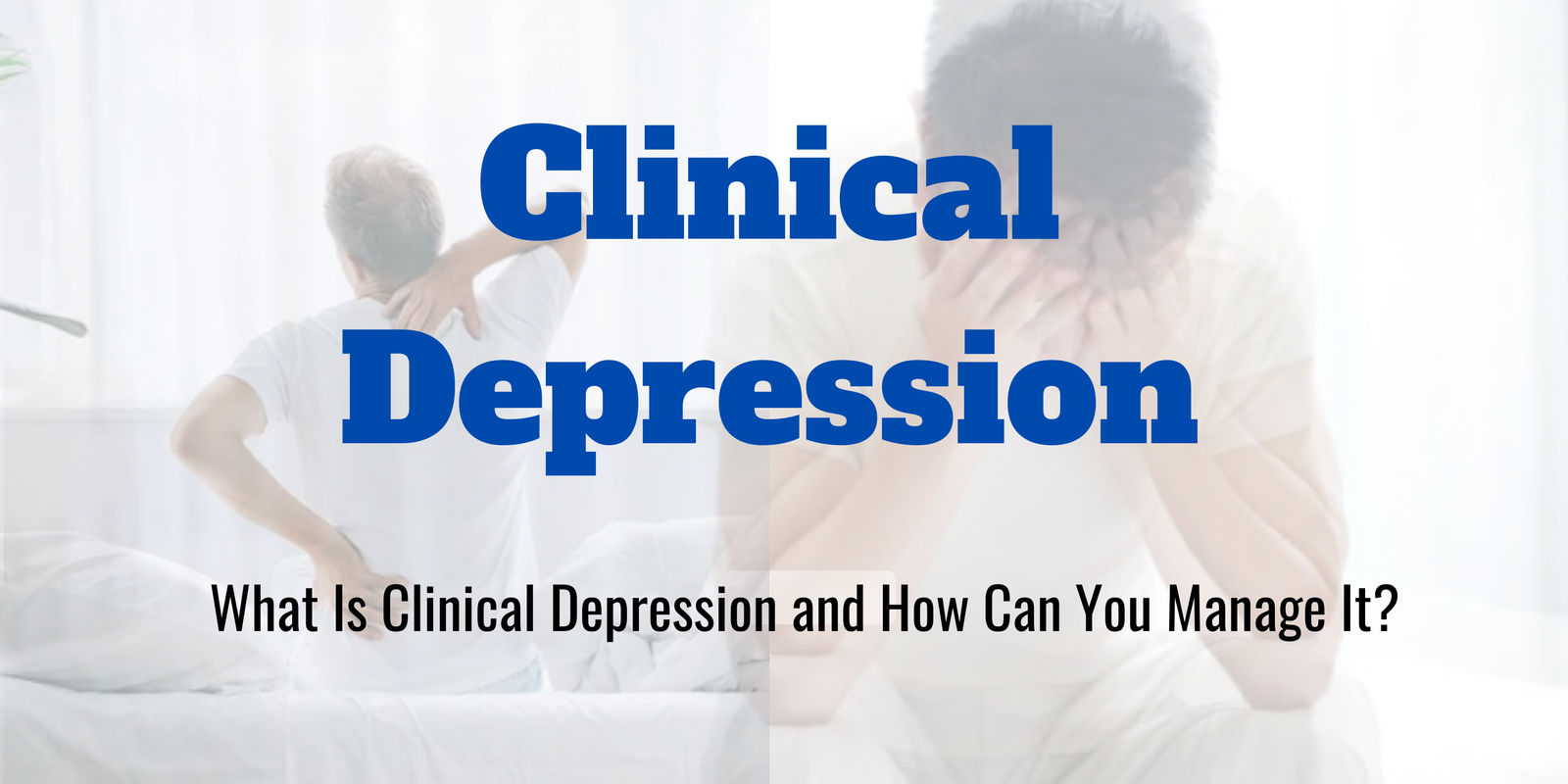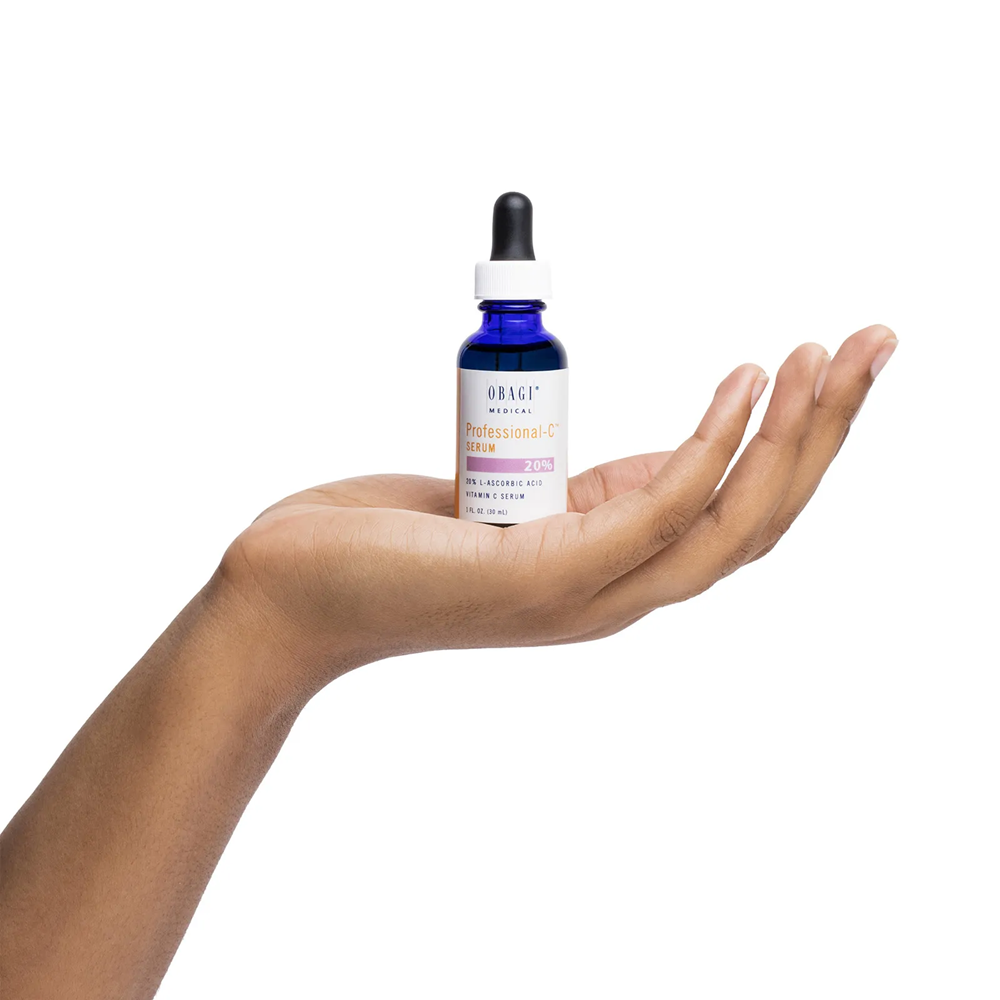
Introduction
Clinical depression is a common but serious mental health condition that affects millions of people worldwide. It goes beyond feeling sad or down; it can interfere with daily life, relationships, and overall well-being. This article will explain what clinical depression is, its signs, causes, and practical ways to manage it.
What Is Clinical Depression?
Clinical depression, also called major depressive disorder, is a common but serious mental health condition. It goes beyond feeling sad or having a bad day. Clinical depression can affect your mood, thoughts, and daily activities, making it hard to enjoy life.
Signs of Clinical Depression
t’s essential to know the signs of clinical depression so that you can seek help early. Some common symptoms include:
- Feeling sad, hopeless, or empty most of the time.
- Losing interest in activities you once enjoyed.
- Fatigue or low energy, even after rest.
- Difficulty concentrating or making decisions.
- Changes in appetite or weight (eating more or less).
- Trouble sleeping or sleeping too much.
- Feeling worthless or guilty without reason.
- Thoughts of self-harm or suicide.
Important: If you or someone you know is experiencing thoughts of self-harm or suicide, seek professional help immediately or contact a local emergency service.

What Causes Clinical Depression?
Clinical depression, also known as major depressive disorder (MDD), is a serious mental health condition that can significantly affect a person’s daily life. Understanding the causes of clinical depression is essential to better manage and treat it. There isn’t a single factor that causes depression; instead, it is the result of a complex interaction between biological, psychological, and environmental factors.
1. Genetics and Family History
One of the primary causes of clinical depression is genetics. Studies show that people with a family history of depression are more likely to develop the condition. Certain genetic traits may make a person more vulnerable to depression, although having a family history does not guarantee that someone will experience it.

2. Brain Chemistry and Hormonal Changes
Imbalances in brain chemicals, also known as neurotransmitters, play a major role in clinical depression. These chemicals, like serotonin and dopamine, regulate mood, emotions, and behavior. When these neurotransmitters are out of balance, it can contribute to the onset of depression. Additionally, hormonal changes, such as those experienced during pregnancy, menopause, or thyroid problems, can trigger depressive symptoms.

3. Trauma and Stressful Life Events
Experiencing significant trauma or major life stresses can trigger clinical depression. This can include events like the loss of a loved one, a divorce, financial difficulties, or being diagnosed with a serious illness. The emotional toll of these experiences can lead to changes in brain function and may increase the risk of developing depression.

4. Chronic Illnesses and Medical Conditions
Certain chronic medical conditions, such as heart disease, diabetes, and cancer, can increase the risk of developing depression. The physical challenges and long-term stress associated with managing these conditions can affect mental health. Additionally, conditions that affect the brain, like Parkinson’s disease or multiple sclerosis, can also contribute to depression.

5. Substance Abuse
Substance abuse, including alcohol or drug use, is strongly linked to clinical depression. Some people may turn to substances as a way of coping with feelings of sadness or hopelessness. However, substance abuse can worsen depression, making it harder to treat and manage. It is important to address both substance abuse and depression when diagnosing and treating these conditions.

6. Personality Factors
People with certain personality traits may be more prone to developing clinical depression. For instance, those who tend to be overly self-critical, pessimistic, or who have low self-esteem are at higher risk. Chronic feelings of helplessness or hopelessness can contribute to the onset of depression.

Conclusion
Clinical depression is caused by a variety of factors, and it is important to recognize that no single cause is responsible. It often results from a combination of genetic, biological, psychological, and environmental influences. By understanding what causes clinical depression, individuals can better seek treatment and support for their mental health. If you or someone you know is struggling with depression, seeking help from a healthcare provider is crucial.

How Can You Manage Clinical Depression?
Managing clinical depression can be challenging, but with the right strategies and support, it is possible to improve symptoms and regain a sense of well-being. There is no one-size-fits-all approach to managing depression, but several effective treatment options and lifestyle changes can help. This article will explore practical ways to manage clinical depression and improve mental health.
1. Seeking Professional Help
The first step in managing clinical depression is consulting a healthcare professional. A doctor, psychiatrist, or therapist can provide a proper diagnosis and recommend a treatment plan tailored to your needs. This may include therapy, medication, or a combination of both.
Therapy: Cognitive Behavioral Therapy (CBT) is a common and effective treatment. It helps individuals identify negative thinking patterns and replace them with more positive and realistic thoughts.
Medication: Antidepressants, such as selective serotonin reuptake inhibitors (SSRIs), can help balance brain chemicals that affect mood. Medication may be used alongside therapy for a more comprehensive approach.

2. Building a Support System
Social support is crucial in managing clinical depression. Sharing your feelings with close family members, friends, or support groups can help you feel understood and less isolated. Talking about your emotions and experiences can also provide comfort and practical advice.
Support groups, either in person or online, can offer a sense of community and understanding from others facing similar challenges.

3. Making Lifestyle Changes
Several lifestyle changes can have a significant impact on managing depression:
Exercise: Physical activity is a natural mood booster. Regular exercise can increase the release of endorphins, the body’s natural “feel-good” chemicals, which help reduce feelings of sadness and anxiety.
Sleep: Ensuring you get enough sleep is crucial. Poor sleep can worsen symptoms of depression, so establishing a regular sleep routine can help manage the condition.
Nutrition: Eating a balanced diet rich in vitamins, minerals, and omega-3 fatty acids can support brain health and mood regulation. Avoiding excessive alcohol or junk food can prevent worsening depression symptoms.
Reducing Stress: Chronic stress can exacerbate depression. Techniques such as mindfulness, meditation, and deep breathing can help manage stress levels.

4. Developing Coping Strategies
Learning coping strategies to deal with everyday stress and emotional difficulties can be very helpful in managing depression. These strategies can include:
Mindfulness: Mindfulness practices, such as focusing on the present moment, can help reduce feelings of worry and sadness.
Journaling: Writing down thoughts and feelings can be a therapeutic way to process emotions and gain clarity.
Setting Realistic Goals: Breaking down tasks into smaller, manageable goals can reduce feelings of being overwhelmed.

5. Avoiding Substance Abuse
Substance abuse can make depression worse. Alcohol and drugs may seem like temporary solutions, but they can lead to further mood disturbances and worsen symptoms. Managing depression involves avoiding substance abuse and finding healthier ways to cope with emotions.

6. Staying Patient and Persistent
Managing clinical depression is often a long-term process. It is important to remain patient and persistent, even when progress feels slow. Depression may fluctuate, but with consistent treatment and self-care, improvements will come over time. Be kind to yourself and remember that recovery is possible.

Conclusion
Managing clinical depression involves a combination of professional treatment, lifestyle changes, and self-care strategies. By seeking help, building a support system, making positive lifestyle changes, and adopting healthy coping mechanisms, individuals can take control of their mental health and work towards recovery. If you or someone you know is struggling with clinical depression, it’s important to seek professional help and start implementing these strategies today.

When to Seek Help for Clinical Depression?
Clinical depression can affect every aspect of a person’s life, from work and relationships to daily functioning. It’s important to recognize when professional help is needed to manage the condition effectively. Seeking help early can improve recovery chances and prevent the condition from worsening. In this article, we will discuss when it is necessary to seek help for clinical depression and the signs to look out for.
1. Persistent Feelings of Sadness or Hopelessness
One of the key signs of clinical depression is a persistent feeling of sadness, hopelessness, or emptiness. If these feelings last for more than two weeks and do not improve with normal self-care, it is important to seek help. Depression is not just feeling “down” for a few days; it is a constant state that can significantly affect a person’s ability to enjoy life and perform daily tasks.

2. Loss of Interest in Activities You Once Enjoyed
People with clinical depression often lose interest in activities they once found enjoyable, including hobbies, social events, or work-related tasks. If you notice that you no longer find pleasure in things that used to make you happy, this may be a sign that professional help is needed.

3. Difficulty Concentrating or Making Decisions
Depression can make it hard to focus, think clearly, or make decisions. If you are having trouble concentrating at work, school, or even during everyday activities, this can be a sign that your depression is affecting your mental function. Difficulty in making decisions, even minor ones, can also indicate that it’s time to seek professional help.

4. Changes in Sleep and Appetite
Clinical depression can cause significant changes in sleep patterns and appetite. Some people may sleep excessively (hypersomnia), while others may struggle to sleep (insomnia). Similarly, a loss of appetite or overeating are common symptoms of depression. These changes can impact physical health and may indicate that professional help is needed.

5. Thoughts of Self-Harm or Suicide
If you or someone you know is experiencing thoughts of self-harm or suicide, it is crucial to seek immediate help. Suicidal thoughts are a serious symptom of clinical depression, and urgent professional intervention is needed. Do not wait for these thoughts to pass on their own—reach out to a mental health professional or a helpline immediately.

6. Interference with Daily Life
When depression starts to interfere with your ability to go to work, maintain relationships, or take care of yourself, it’s time to seek professional help. Depression can cause significant disruptions in daily life, and without intervention, it may become harder to regain control. If your depression is preventing you from functioning normally, it is essential to seek guidance from a healthcare professional.

7. Physical Symptoms Without a Clear Cause
Depression can also manifest through physical symptoms such as headaches, digestive problems, or chronic pain. These physical symptoms may occur without an obvious medical cause. If you experience unexplained physical symptoms along with emotional symptoms, it may indicate that your depression is having a physical impact on your health, and professional help is needed.

Conclusion
Recognizing when to seek help for clinical depression is crucial for managing the condition effectively. If you are experiencing persistent sadness, a loss of interest in activities, difficulty concentrating, changes in sleep or appetite, or thoughts of self-harm, it’s important to reach out to a healthcare professional. Depression is treatable, and getting help early can lead to a more successful recovery. If you or someone you know is struggling with depression, don’t hesitate to ask for support.

Conclusion: Managing Clinical Depression
Clinical depression is a serious condition that can affect many aspects of a person’s life. However, it is treatable, and with the right support, individuals can manage their symptoms and lead fulfilling lives. Understanding the causes of clinical depression, recognizing when professional help is needed, and implementing effective management strategies are key steps in the journey toward recovery.
Seeking Help is the First Step
If you are experiencing symptoms of clinical depression, such as persistent sadness, loss of interest in activities, or difficulty functioning in daily life, it’s important to seek professional help. A healthcare provider can help determine the best course of treatment, which may include therapy, medication, lifestyle changes, or a combination of these.

Treatment and Support
There are various effective treatments for clinical depression. Cognitive Behavioral Therapy (CBT) and antidepressant medications are commonly used to help regulate mood and improve overall well-being. Additionally, building a support system and engaging in self-care activities, like exercise, proper sleep, and stress management, can complement professional treatment.

Stay Persistent and Patient
Managing clinical depression is often a long-term process that requires patience and persistence. It’s important to remember that recovery is possible, even when progress feels slow. By seeking help early, following through with treatment, and making positive lifestyle changes, individuals can manage depression and improve their quality of life.

Final Thoughts
Clinical depression may be challenging, but it doesn’t have to define your life. With proper treatment, support, and self-care, it is possible to manage symptoms and lead a fulfilling life. If you or someone you know is struggling with depression, remember that seeking help is the first step toward recovery. Take action today to regain control and start the path to healing.







